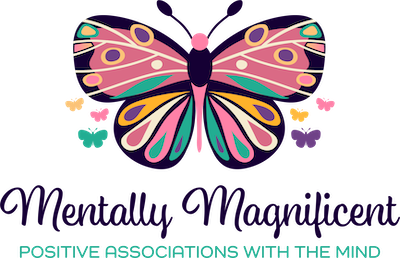Depression is a term most have related to at one point of time in their life. It is a state of being most people will experience but, if you imagine depression on a spectrum, some people will experience brief moments of these feelings and move through them, while others will experience a more extreme degree termed as clinical depression. The difference is, typically, related to the length of time a person experiences these symptoms and the degree to which it impacts their ability to function daily in life and “move ahead”. So, let’s understand there may be different considerations when discussing improving mood when someone is having feelings of depression compared to someone who is clinically depressed.
Let’s explore!
When speaking of clinical depression, there are various forms that we will discuss deeper individually in future articles. Types of clinical depression are Major Depression Disorder (MDD), persistent depressive disorder, premenstrual dysphoric disorder, and depression due to another medical condition. When we consider chemical imbalances in the brain leading to depression, we are referring to Norepinephrine, Serotonin, and Dopamine. When people have prescribed medications for depression, it is to help balance these chemicals.
When we hear the word depressed, the most common emotion we tend to connect with this is sadness. While sadness, in many cases, is a major emotion associated with depression, other emotions to consider are irritability, anger, and apathy. Some people may not feel sad, but they lack the desire or motivation, or interest toward things they, normally, would take pleasure in doing. Along with this is having feelings of guilt or hopelessness that things will never get better. Other symptoms that tend to couple with this are appetite and sleep patterns. A person can have increased or decreased appetite and some people cannot achieve restful sleep while some sleep excessively and may lack the energy to get out of bed. On the flip side of that, it’s important to consider our diets as they can also be contributors to depression as well as if we have poor sleeping habits for extended amounts of time: these poor habits can have an overall effect on our mental wellbeing.
While feelings of depression and clinical depression are different, I always encourage lifestyle dynamics to consider as medication does not take away the underlying issue. Imagine if addressing the underlying issues, took away the need for medication, or, better yet, alleviated the state of depression? Aspects to consider:
- Therapy can be as effective as an antidepressant for mild to moderate depression
- Though many eat plenty of food, often this food lacks nutrients leaving many of us malnourished. The foods we chose to eat should provide us with the minerals our bodies (including our brain) need to function at an optimal level. Consider balanced nutrition. Consider the chemicals in some “foods” that may contribute to the problem.
- Sleep deprivation, especially over an extended period, can contribute to alterations in our mood.
- Increased stress, especially when it is not relieved and extends for prolonged periods, can take a toll on our mental health
- Being aware of what we are thinking about can be helpful as often time, what we think about grows in our awareness. As easy as it may sound, our thoughts are a choice. When we think, are we thinking about events that bring about feelings of despair, fear, regret, anger? We can practice thinking about thoughts of love, laughter, inspiration, and sentimentalism. It is a practice that can be very rewarding.








